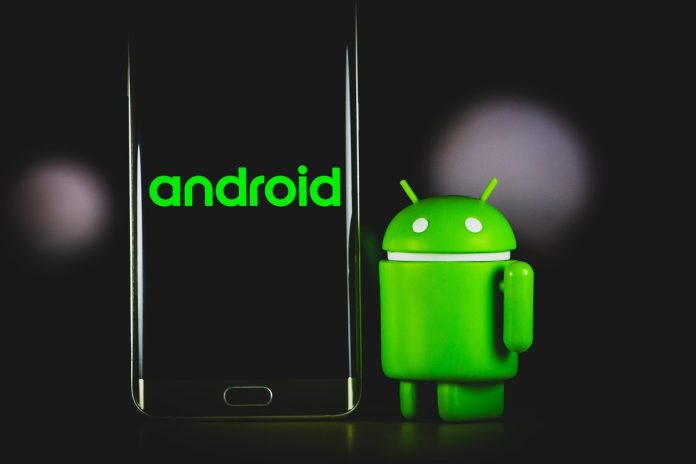Lenovo has the green light to see a portfolio of new enterprise-focused devices powered by Esper Foundation – a custom Android operating system – and bundled with a complementary mobile device management (MDM) platform.
The firm’s first device running Esper Foundation is the Lenovo ThinkCentre M70a, an all-in-one desktop PC fitted with an up to 12th-Gen Intel Core i9 CPU, alongside 16GB DDR4 RAM and up to 512GB SSD. It’ll be followed by the Lenovo ThinkCentre M70q, M90n-1 IoT, and the ThinkEdge SE30 v2 machines by the end of 2023.
Esper Foundation is based on Android 11 and has customizable branding, peripheral compatibility, quarterly security patches, and three years of support. The MDM system, meanwhile, remotely deploys, manages, and updates devices from a single view.
What does this mean for Windows – and ChromeOS?
By integrating a custom version of Android in its PCs, Lenovo is banking on the Esper Foundation OS appealing to businesses as an alternative to Windows, as well as Google’s own ChromeOS.
Research from 451 showed there’s growing interest in running Android not just on mobile devices, on those powered by x86 CPUs, with nearly nine in ten surveyed suggesting as much. But, they recognized there was very little support for such a platform.
“This collaboration is another step forward in Lenovo’s drive to meet changing customer demand across retail, hospitality, healthcare, and other industries,” said Johanny Payero, Lenovo’s director of global advanced solutions marketing and strategy
“Dedicated devices are proliferating across several key industries, and our new joint solution with Esper allows us to deliver the best of Android with the consistency and predictability of Lenovo’s x86 devices.”
With platforms like Esper’s, there may well be a means to find a rival to compete with Windows in the enterprise, particularly in highly niche industries such as the retail, hospitality, and healthcare industries – at which Esper Foundation is directed.
Google’s Android may well also serve to undermine its ChromeOS operating system, should it take off. Lenovo still distributes ChromeOS-powered laptops and 2-in-1s, meaning it may just well be hedging its bets. Should it prove successful, though, manufacturers like Dell and HP – which don’t have Chromebooks – may well seek to forge their own agreements with Esper or platforms like it, meaning the ChromeOS market share becomes increasingly squeezed out with time.
More from TechRadar Pro
- We’ve taken a look at the best MDM solutions around
- These are the best all-in-one PCs on the market right now
- Looking for a Chromebook? We’ve rounded up the best ChromeOS devices


















